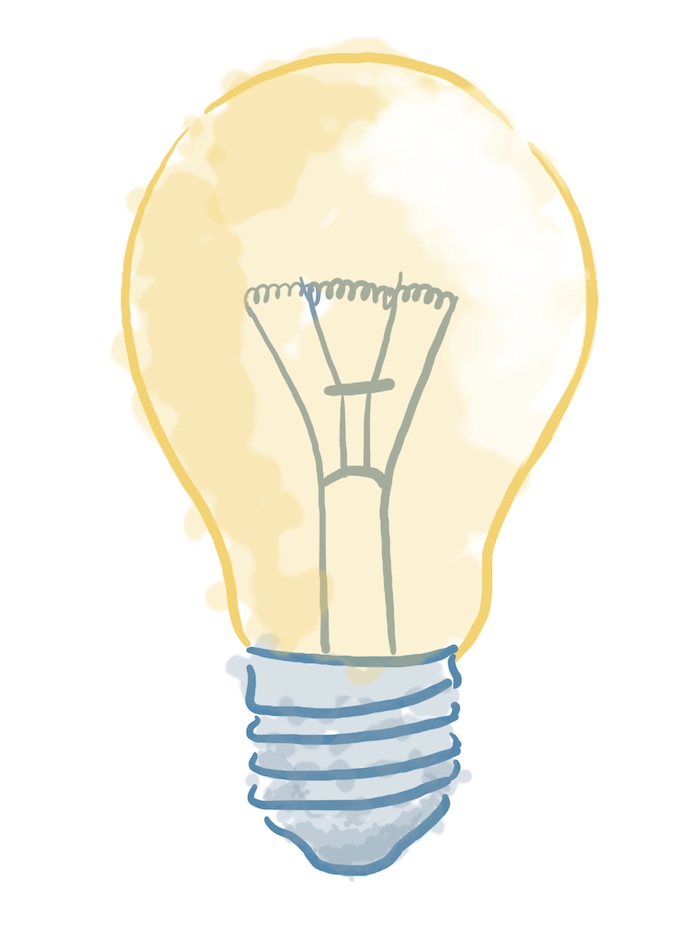Heroin is one of the most addictive drugs that teens can choose to use, and once they start, they just might not be able to stop without teen heroin rehab.
Parents, teachers and other adult figures are more likely to notice changes in behavior and habits immediately. While parents may feel as though they can combat their addiction on their own, with support from family and friends, this is not the reality of heroin drug use for teens. Teen drug use requires a greater level of support and treatment in order to make for a full recovery. This means that teens require an in-depth treatment program in an inpatient setting, as well as understanding all the facts about heroin addiction.
Tip 1: When a Teen Doesn’t Need a Rehabilitation Program
There are on occasion a few circumstances in which teen heroin rehab may not be immediately necessary. Timing can be important to the effectiveness of treatment, so take a moment to review the heroin addiction facts below before determining whether or not your child needs immediate heroin addiction treatment.
Abused Heroin Once
If your teen comes to you and confesses that at a party or a friend’s house she once tried heroin, you need to know the facts before determining the best option for treatment. Teen heroin rehab provides medical treatment and intensive psychological care for kids living with the medical disorder of addiction.
Pay very close attention when your teen confesses to abusing heroin or other drugs. Why are they telling you? Is it a cry for help?
Make sure, too, that your teen is telling you the full truth. Keep a close eye on them in the coming weeks. Keep asking questions, and pay attention to all behaviors.
You Find Heroin or Associated Paraphernalia
Don’t jump the gun if you find certain items you believe to be drug-related among your teen’s possessions. Though unlikely, there is always the possibility that these things belong to a friend. Though heroin paraphernalia like glass pipes, lighters, cookers, needles and small baggies that have residue inside are an important indicator that something might be brewing with your teen, it’s important to take these items as a singular sign and do some more investigating to find out whether or not your child is living with a full-blown heroin addiction that requires treatment at a teen heroin rehab.
Tip 2: Know What You’re Getting into for a Successful Rehab Experience
Before you send your teen to heroin rehab, make sure you know what to expect.
Familiarizing yourself with the schedule and types of treatment your teen will experience as well as what is required by you as their parent can help you better reinforce what your teen learns in treatment. Showing up for educational workshops designed for parents, parent support groups and family therapy sessions with your child will help improve your relationship with your teen. As a parent, you will play a large role in building a positive foundation for their recovery. When your teen knows they are supported at home, it helps them stay focused on recovery and hopeful about their future.
Tip 3: Help a Teen Be Successful in Recovery with a Surprise Approach
Teens who know that heroin rehab is imminent may take drastic measures to avoid it. Some may attempt to run away. Others binge on heroin or other drugs and end up getting into accidents or overdosing as a result. It is far safer to enroll your teen in treatment and then let them know it is happening through an intervention.
An intervention is often a positive way to prepare your teen for heroin rehab and what they can expect in the coming months from treatment before it happens. When faced with the loving concern of family members, many teens even come to see that treatment is an inevitable necessity, even if they still don’t like the idea.
Strategy: Inpatient Heroin Treatment

Heroin is a severe addiction that is not easy to overcome. Teens that try to do it on their own or with the help of parents are not likely to be successful. During the rehab process teens need to be properly detoxed from the drugs that they’ve been using.
When teens try to heal on their own, they may find that they’re tempted back into drug use to stop the withdrawal symptoms. In teen drug detox, medications are administered to manage the symptoms. Teens become more comfortable knowing they’re in good hands. Teens will also receive counseling in inpatient heroin rehab. This support helps them to learn how to cope in their lives without the drugs.
Strategy: Aftercare for Recovering Heroin Addict
After treatment, regular support is required at home. There is a period of time where relapse is a major risk while teens are starting to integrate into society. But, with will-power, coping skills, and support, it is possible for them to do so without falling back into the habits of their addiction.
FAQ: Questions to Ask a Counselor
Knowing what to expect – and what is expected from you – at your teen’s heroin rehab program will help your teen get the most out of the experience. Contact us at Newport Academy with questions, anytime. We will help you find the best treatment fit for your teen.

Should I Enroll My Teen in Outpatient or Inpatient Rehabilitation?
The type of program you choose for your child will depend on how much of the drug they use daily. It also depends on whether or not they need medical heroin detox, and the existence of co-occurring disorders like depression, eating disorders, anxiety, ADHD and other issues.
Many parents opt for inpatient treatment to ensure that their child remains focused on treatment and safe. After inpatient, many parents choose outpatient treatment to maximize the benefits of a positive school environment.
What Types of Therapy Are Provided During Teen Treatment?
The teen heroin rehab you choose should provide a heavy emphasis on therapy throughout their weekly schedule. Both personal and group therapy are important. A wide variety of experiential and alternative therapies like Equine Assisted Therapy and others can also be extremely beneficial in getting through to the hard-to-reach teen. The more therapeutic options employed by the teen rehab program, the more likely your teen will find a therapy that speaks to his experience.
Is There an Emphasis on Health and Wellness?
It’s important that your teen learn how to feel good without drugs and alcohol. Teen treatment centers teach proper nutrition and exercise are very beneficial. Make sure that the teen heroin rehab you choose offers a wellness counseling option for your child.
Is There an Emphasis on Academics?
For every teen, academic progress should play a big part in treatment. No teen will be able to function well upon returning home if they are far behind peers as a result of enrolling in an inpatient teen heroin rehab program. An effective teen heroin program will work with your child’s teachers to create an Individualized Education Plan (IEP) that will help your teen make progress on his or her education during treatment. Teachers and tutors should also be provided to help teens move forward academically at their own pace.
Gender-Specific Treatment
Studies show teens heal better in gender-specific treatment environments. It allows for a higher level of focus on everything from education to therapy. At Newport Academy, we never have more than 12 teens on our estate at any given time (six boys and six girls) in separate residences and in separate treatment locations.
Can I Take My Teen Out of Treatment if I Need To?
In most inpatient teen heroin rehab programs, only in the most extreme emergencies are teens allowed to leave and later return to the program. Legal guardians can take their children out of teen heroin addiction treatment at any time, but clinicians strongly advise parents keep their teens in treatment for as long as medical professionals feel necessary.
Will I be Able to Contact My Teen WhileThey’re in Heroin Rehab?
During the first couple of weeks, teens are encouraged to get focused on their treatment and they have limited contact with friends and family members. Over time, they earn the privilege of calling home or accepting visitors on visiting days. You are always welcome to call the teen heroin rehab center to check in with staff members on the progress of your child. Counselors also provide progress reports to parents and guardians.
How Long Should My Teen Stay in Rehabilitation?
This is often based on specific needs of each teen. According to studies, longer inpatient stays do more to solidify the principles of treatment for teens than shorter programs. If you can only afford a brief stay in treatment, it’s still more effective than avoiding treatment altogether.
Finding Aftercare for Your Teen
Aftercare services like alumni groups and outpatient addiction treatment are a big part of helping your teen to maintain focus on the treatment principles they learn in treatment after they return home. An outpatient program provides a more fluid experience for your teen. In this program, they can continue to see the same counselors and experience the same rules and expectations at the same facility where they received heroin addiction treatment.
Will Your Treatment Facility Work with My Insurance Company?
Many insurance companies will be able to provide you with financial help. Make sure that the teen heroin rehab you choose will work with your insurance company so that you can take advantage of those benefits.






